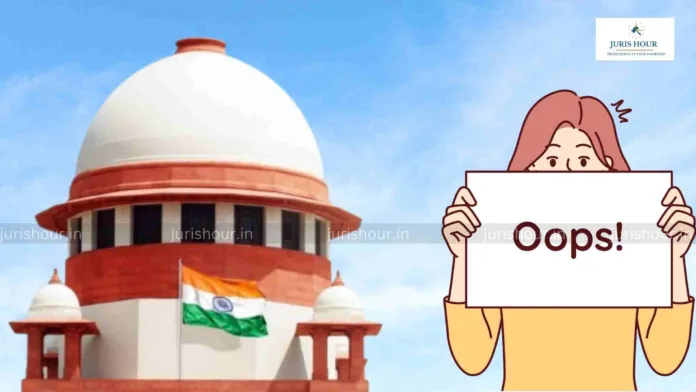The Supreme Court has directed the Central Board of Indirect Taxes and Customs (CBIC) must re-examine the provisions/timelines fixed for correcting the bonafide errors.
The bench of the Chief Justice Sanjiv Khanna and Justice Sanjay Kumar has observed that time lines should be realist as lapse/defect invariably is realized when input tax credit is denied to the purchaser when benefit of tax paid is denied. Purchaser is not at fault, having paid the tax amount. He suffers because he is denied the benefit of tax paid by him. Consequently, he has to make double payment.
The court stated that human errors and mistakes are normal, and errors are also made by the Revenue. Right to correct mistakes in the nature of clerical or arithmetical error is a right that flows from the right to do business and should not be denied unless there is a good justification and reason to deny the benefit of correction. Software limitation itself cannot be a good justification, as software is meant to ease compliance and can be configured.
The Apex court dismissed the special leave petition filed by the Central Board Of Indirect Taxes And Customs (CBIC).
The court stated that the decisions of the High Courts in Bar Code India Limited v. Union of India and others and Yokohama India Private Limited v. State of Telangana”, prima facie, do not lay down good law in this regard.
Case Details
Case Title: CBIC Versus M/S Aberdare Technologies Private Limited & Ors.
Case No.: Special Leave Petition (Civil) Diary No. 6332/2025
Date: 21-03-2025
Counsel For Petitioner: Raghavendra P Shankar





